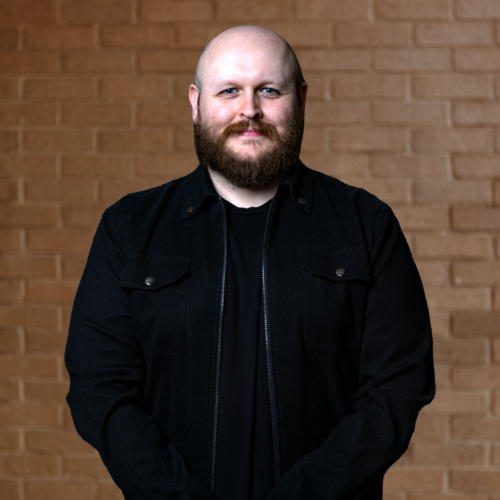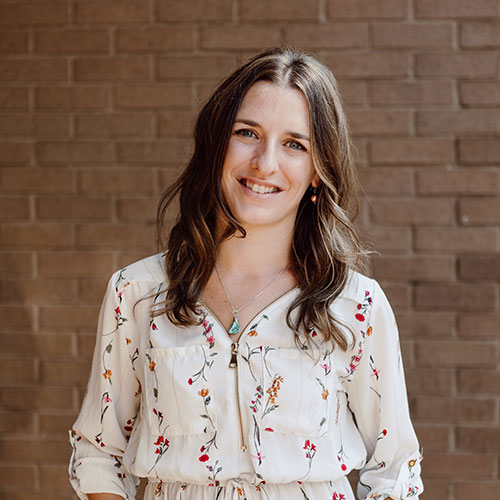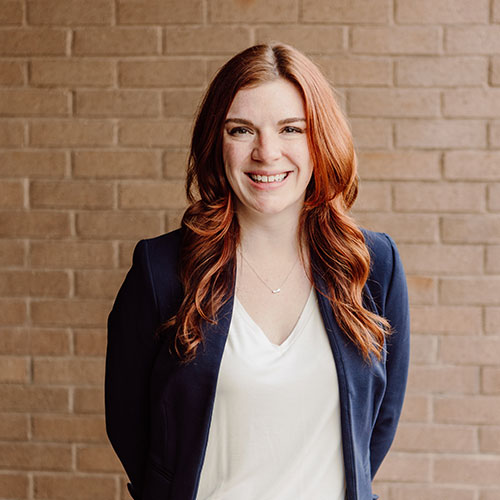Starting a business is an exciting venture. You have probably spent some time daydreaming and conceptualizing your business, and that’s a good thing. To bring a new enterprise to life requires creativity and positive thinking to get started. You’ll need more than that to keep going, however.
It is estimated that only two-thirds of all businesses last more than two years, so in addition to your dreams, you will need solid facts and direction. Here at Piccolo Marketing, we’re in your corner, so today we would like to share 3 things we think you should know about starting a business.
Knowing Your Place
You’ve already identified your business idea, and you are convinced it’s a good one. Make sure you balance that with some reality by asking yourself this: Do I know my place? In other words, will your new business fulfill an actual need or solve a problem? Will your business thrive in the market sector you have your eye on?
There are a few ways to get some good answers here; doing business research, being a part of a focus group, and even just going through some good old-fashioned trial and error. This will help you to understand the need for your products or services, who needs those services, and how your business will fit into this particular market.
Knowing Your Plan
In order to make your business idea a reality, you need a plan – a business blueprint that will guide you from the start-up into the actual establishment of your enterprise and continuing on into its growth and maturation.
There are a few different types of business plans that are appropriate for different business types, and you will need to choose the one that works best for you.
- If you are going to be seeking financial support from an investor or financial institution, a traditional business plan should be your choice. This type of business plan is generally long and thorough and will include a common set of sections that investors and banks require when they are researching your business proposal.
- If you won’t be needing financial support, a one-page business plan will outline what you hope to achieve and your plan to do so; this type of business plan brings clarity to your processes.
Knowing Your Costs
You don’t necessarily have to have a lot of money to start your business, but you should expect some initial investment that will enable you to cover those upfront expenses before you start seeing some profit. Put together an estimate sheet that outlines the startup costs for your business, and be sure to include items such as:
- Licenses and Permits
- Equipment
- Legal fees
- Insurance
- Branding and Trademarking
- Market research
- Inventory
- Grand Opening
- Property leases
Also make sure you have what you will need to keep your business running for at least 12 months, which should include:
- Rent Utilities
- Marketing and Production
- Supplies
- Salaries
There is a lot to starting a business, and while it’s a thrilling proposition, it can also be stressful and confusing. If you are thinking of starting a home-based business, check out this great visual as a guide.
Here at Piccolo, our business is your business. We are dedicated to the success of small business owners, and we are here to help you get started!





















